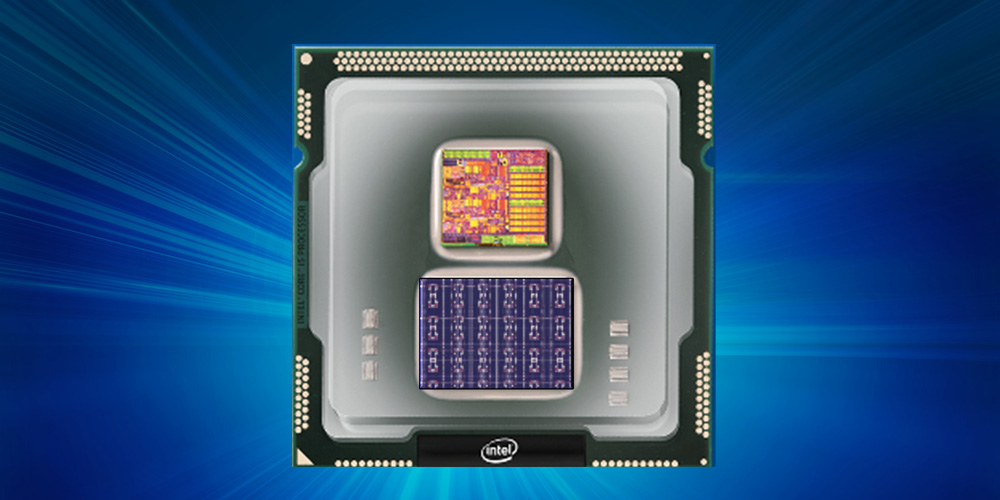What seems like it should be straight out of a science fiction movie is actually found inside Intel's laboratories. In a partnership with the California Institute of Technology, Intel has developed the first ever self-learning neuromorphic chip.
Codenamed Loihi, the chip functions similar to a human brain by taking environmental feedback into consideration when executing instructions. Unlike traditional deep learning systems, Loihi is able to adapt and response in scenarios that are being seen for the first time. Intel indicates that such a system can be highly personalized for any end-user since only a small amount of training is required to achieve desired responses.
Cybersecurity applications are one potential use since any deviation from what Loihi determines to be a normal network state could cause an alert to be issued. Biomedical applications such as detecting irregular heartbeats specific to an individual were also mentioned as possible uses.
Loihi is built using a 14nm process and contains a total of 130,000 neurons with 130 million synapses. The new chip is claimed to be over 1,000 times more energy efficient compared to current general purpose compute hardware for system training. Artificial intelligence systems typically require large amounts of processing power but Intel has implied that micro-instances of AI for low-power applications could be implemented in IoT and mobile devices.
University researchers working with Intel will receive Loihi chips in the first half of 2018 to explore potential uses and improve AI technologies. A commercial release isn't planned anytime soon.
